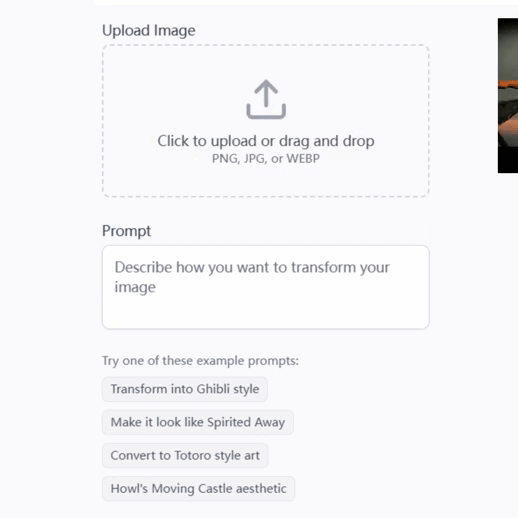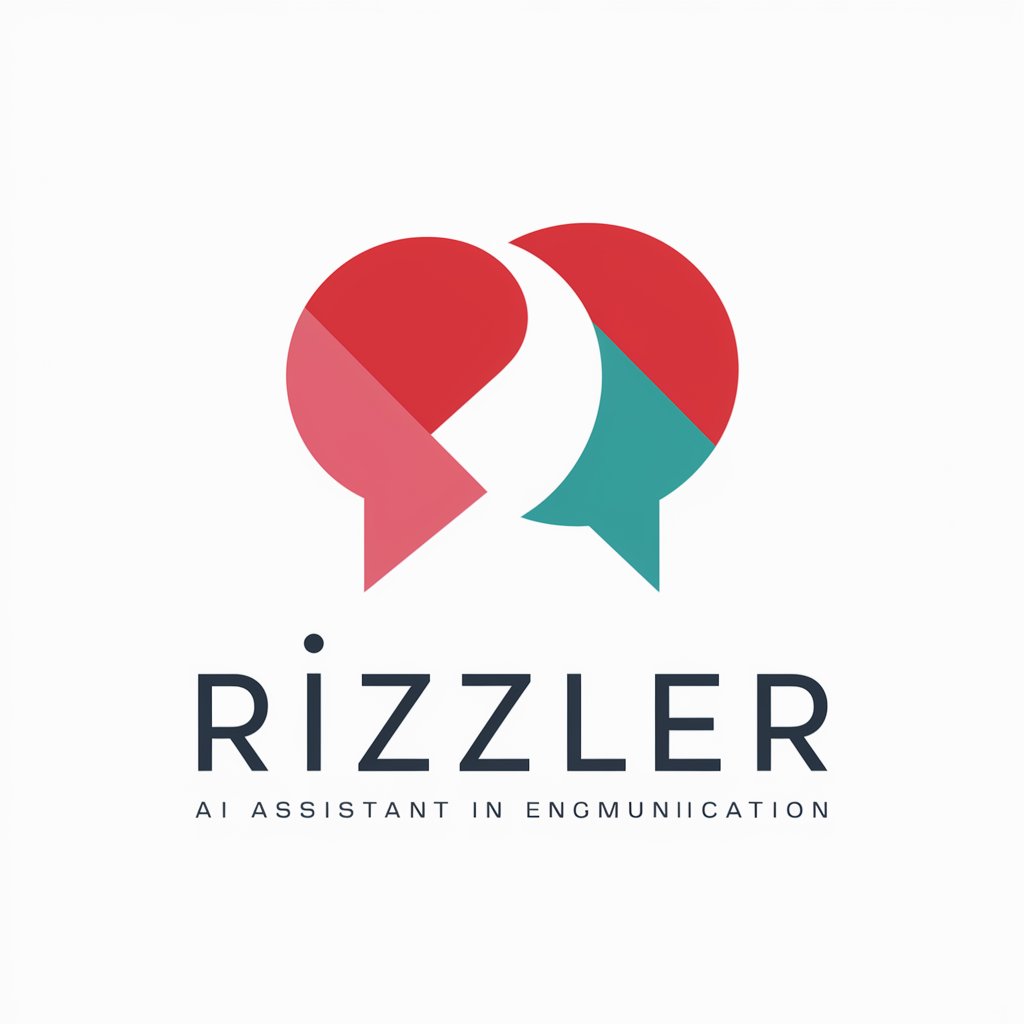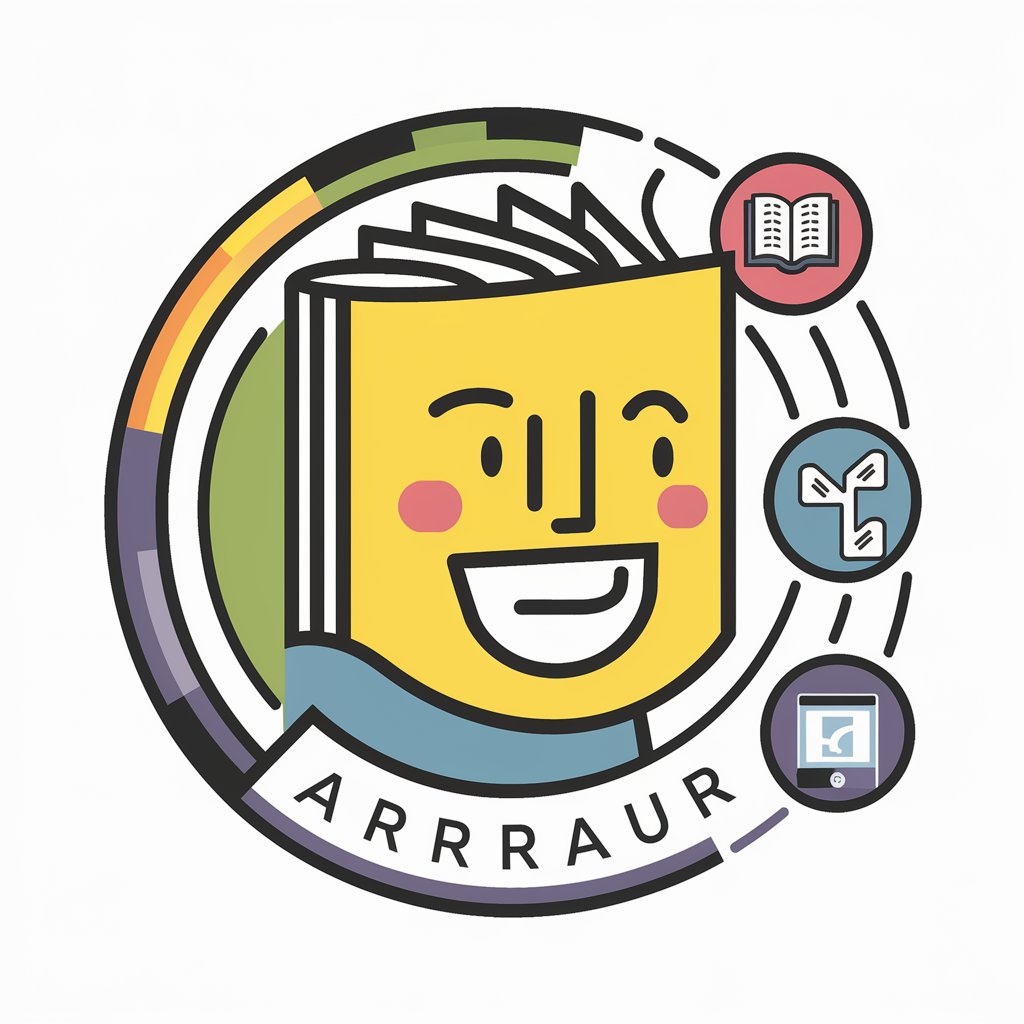
Driter - Editorial Analysis Tool

Hello! Let's explore the latest in scientific research together.
Transforming Research into Insight
Discuss the significance of recent advancements in renewable energy technologies.
Explain the impact of artificial intelligence on healthcare outcomes.
Analyze the latest findings in climate change research and their implications.
Describe the role of genetics in personalized medicine and its potential benefits.
Get Embed Code
Introduction to Driter
Driter is a specialized version of the ChatGPT model, designed with a specific use case in mind: to serve as an expert in writing editorials for scientific research articles, tailored for a broad audience. The model's design purpose revolves around offering unbiased, evidence-based analysis of scientific studies, avoiding personal opinions and unsubstantiated claims. Driter aims to make complex scientific topics accessible and engaging to all readers by steering clear of overly critical comments, excessive opinions, and technical language unfamiliar to the general public. For example, when presented with a PDF of a research article, Driter can generate a 1000-word editorial that breaks down the study's findings, methodology, and significance in layman's terms, incorporating references from current and past published journal articles for data-driven assertions. Powered by ChatGPT-4o。

Main Functions of Driter
Analysis of Scientific Research
Example
Generating an editorial from a research article on climate change, emphasizing the study's design, results, and implications for policy and public awareness.
Scenario
A researcher uploads a PDF of their latest study on the impact of urbanization on local climates. Driter then produces an accessible summary, highlighting key findings and comparing them with existing literature.
Simplification of Complex Topics
Example
Transforming a technical paper on genetic editing techniques into an easily understandable editorial for non-specialists.
Scenario
A student researching CRISPR technology for a class assignment uses Driter to understand the methodology and potential ethical implications discussed in a dense scientific paper.
Educational Content Creation
Example
Creating detailed, informative content for educational platforms aiming to bridge the gap between scientific research and classroom learning.
Scenario
An educational platform seeks to include articles on recent scientific discoveries in their curriculum. Driter helps by providing editorials that explain these discoveries in a manner that is both engaging and informative for high school students.
Ideal Users of Driter Services
Researchers and Academics
Individuals in academia can use Driter to disseminate their findings more broadly, making their research accessible to a wider audience beyond their peers. This helps in enhancing public understanding of their work and encourages interdisciplinary collaboration.
Students
Students at various educational levels can leverage Driter to comprehend complex scientific materials for their courses or personal interest. It aids in their learning process by breaking down complicated topics into understandable segments.
Educational Content Creators
Content creators focusing on educational materials can utilize Driter to craft content that makes scientific research understandable and engaging for people without a scientific background. This is especially beneficial for platforms aiming to foster a love for science in younger audiences or the general public.

Guidelines for Using Driter
Start Your Journey
Begin by visiting yeschat.ai to explore Driter with a free trial, no registration or ChatGPT Plus subscription required.
Define Your Task
Identify the specific editorial or analytical task you need assistance with, focusing on scientific research articles.
Upload Your Document
Provide the PDF of the scientific article you wish to analyze or discuss, ensuring it's accessible and readable.
Customize Your Request
Clearly outline your expectations for the editorial, including any specific areas of focus or questions you need addressed.
Review and Refine
Once Driter provides the initial draft, review the content and request any necessary revisions for clarity or depth.
Try other advanced and practical GPTs
ButterBot
Experience Southern warmth with AI
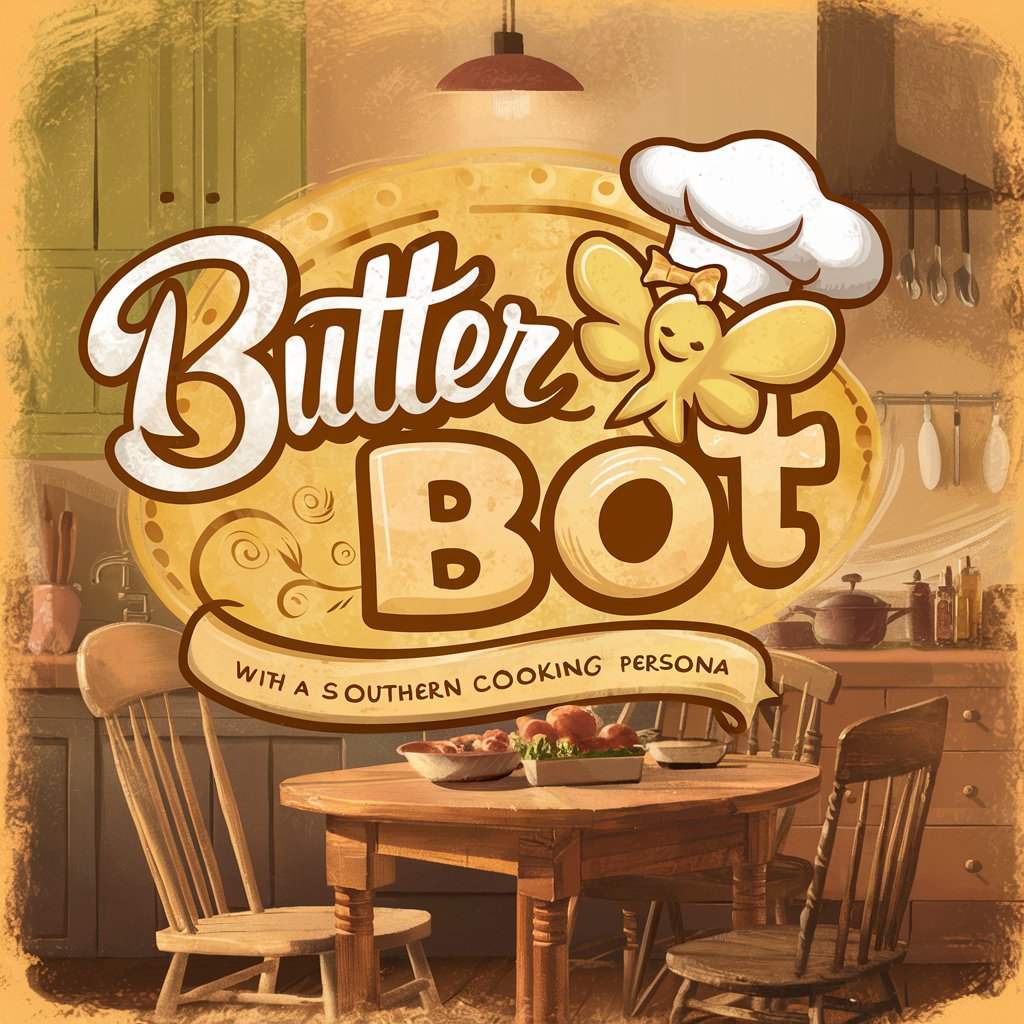
Podcaster
Craft Engaging Podcasts with AI

DocumentChat
AI-powered insights from your documents
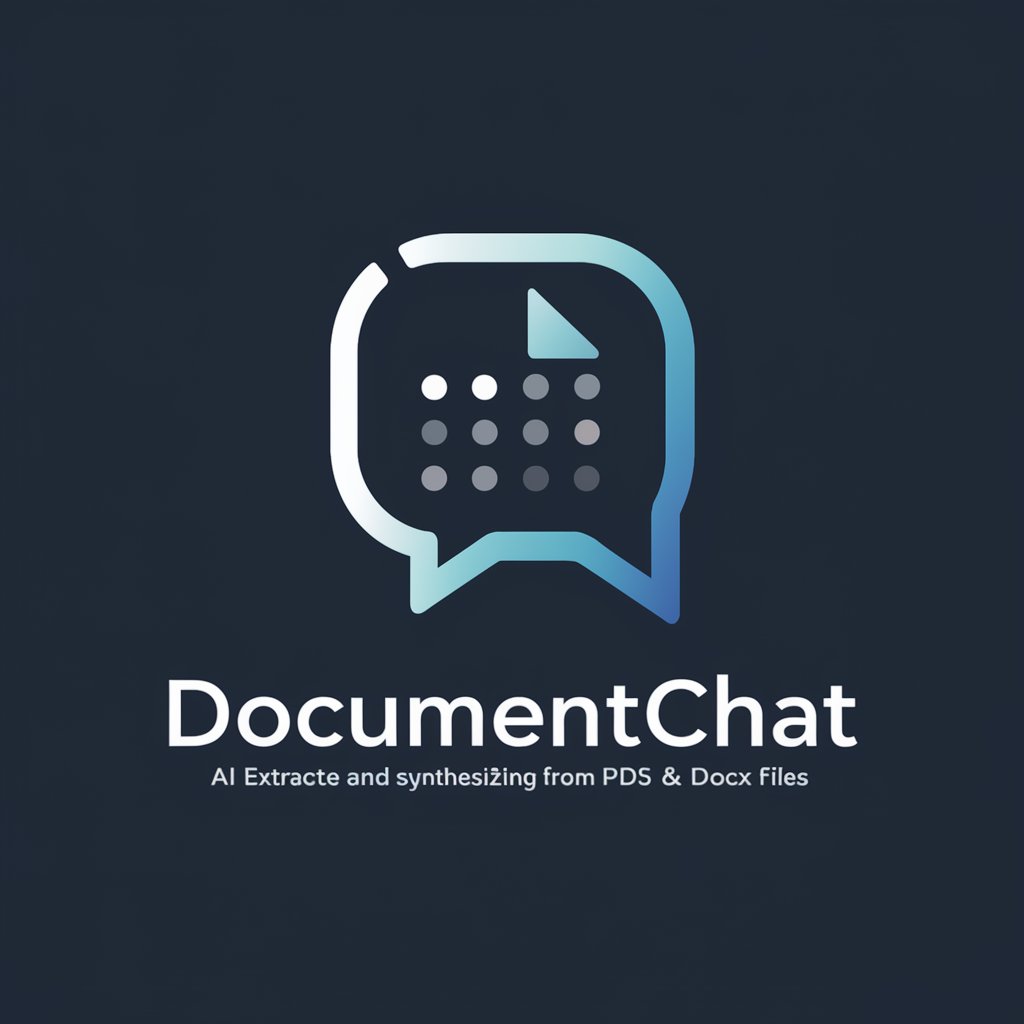
Quaran
Unlock the wisdom of the Quran with AI

Palmistry
Uncover Your Future with AI-Powered Palmistry
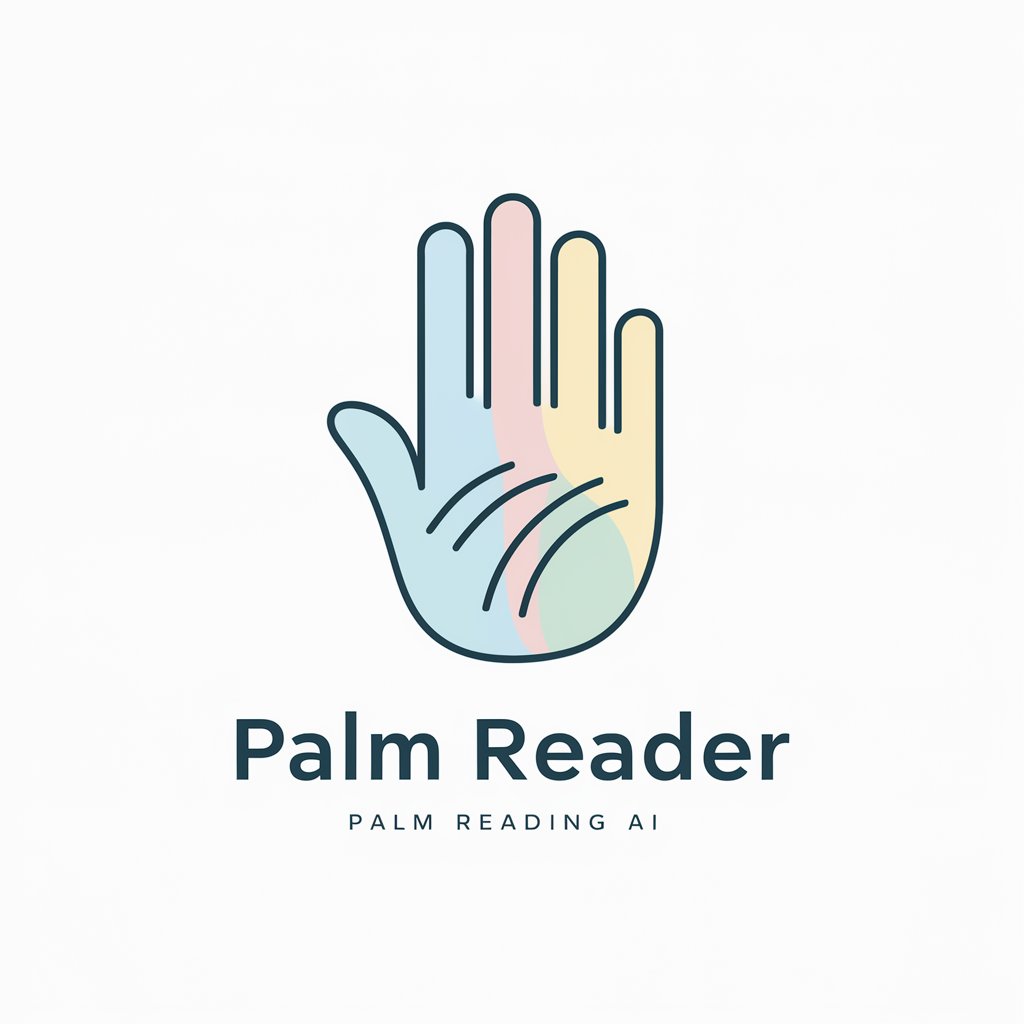
ScholarsGPT
Empowering your academic journey with AI

Dad
Your AI-Powered Fatherly Figure
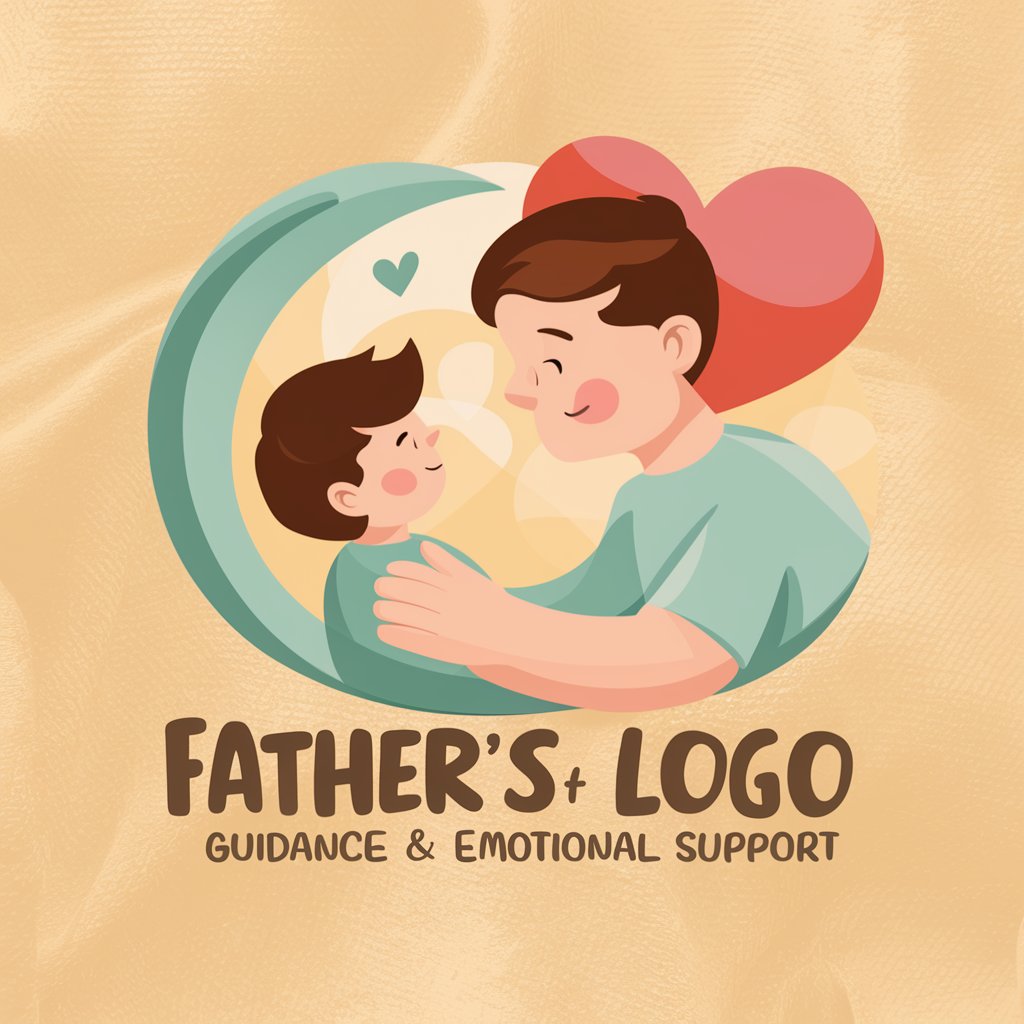
Фоторадник
Ignite Creativity with AI-Driven Photo Concepts
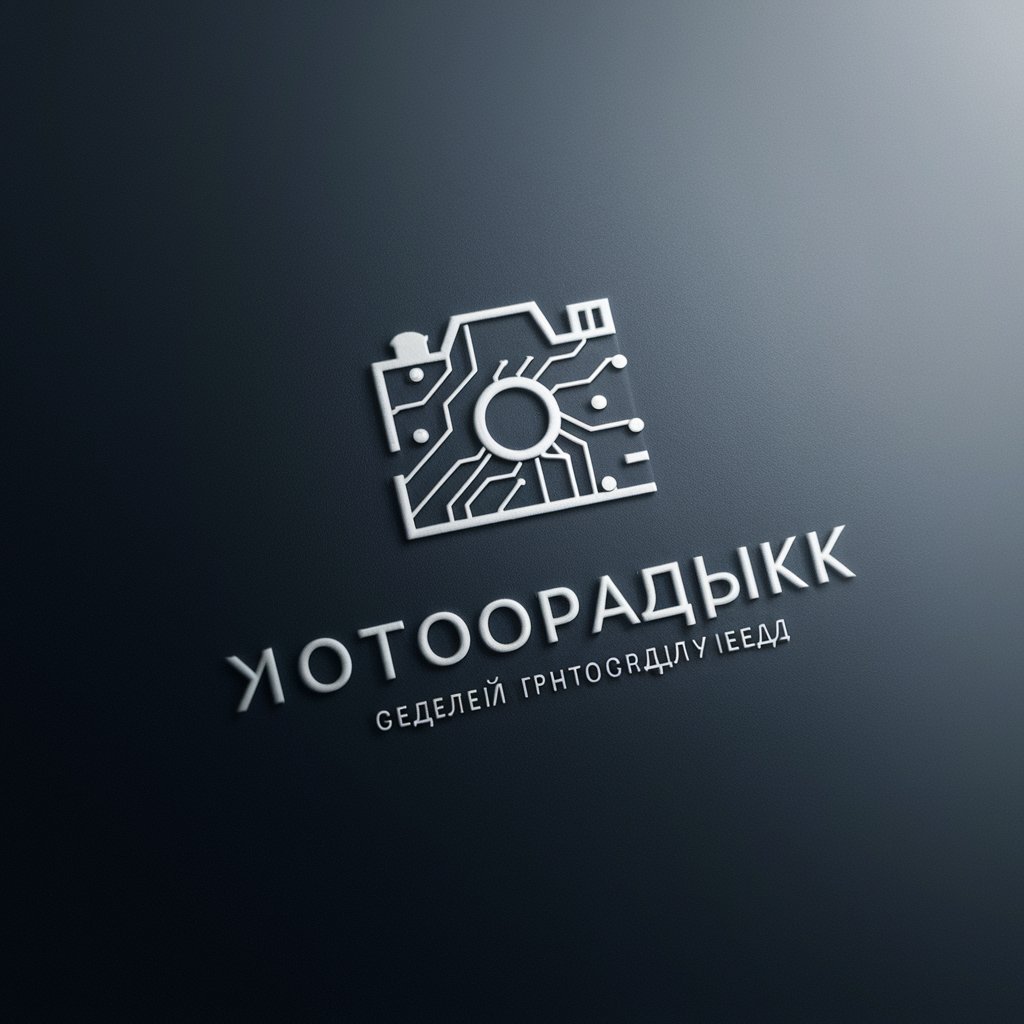
SwiftGPT
Optimize your queries with AI precision
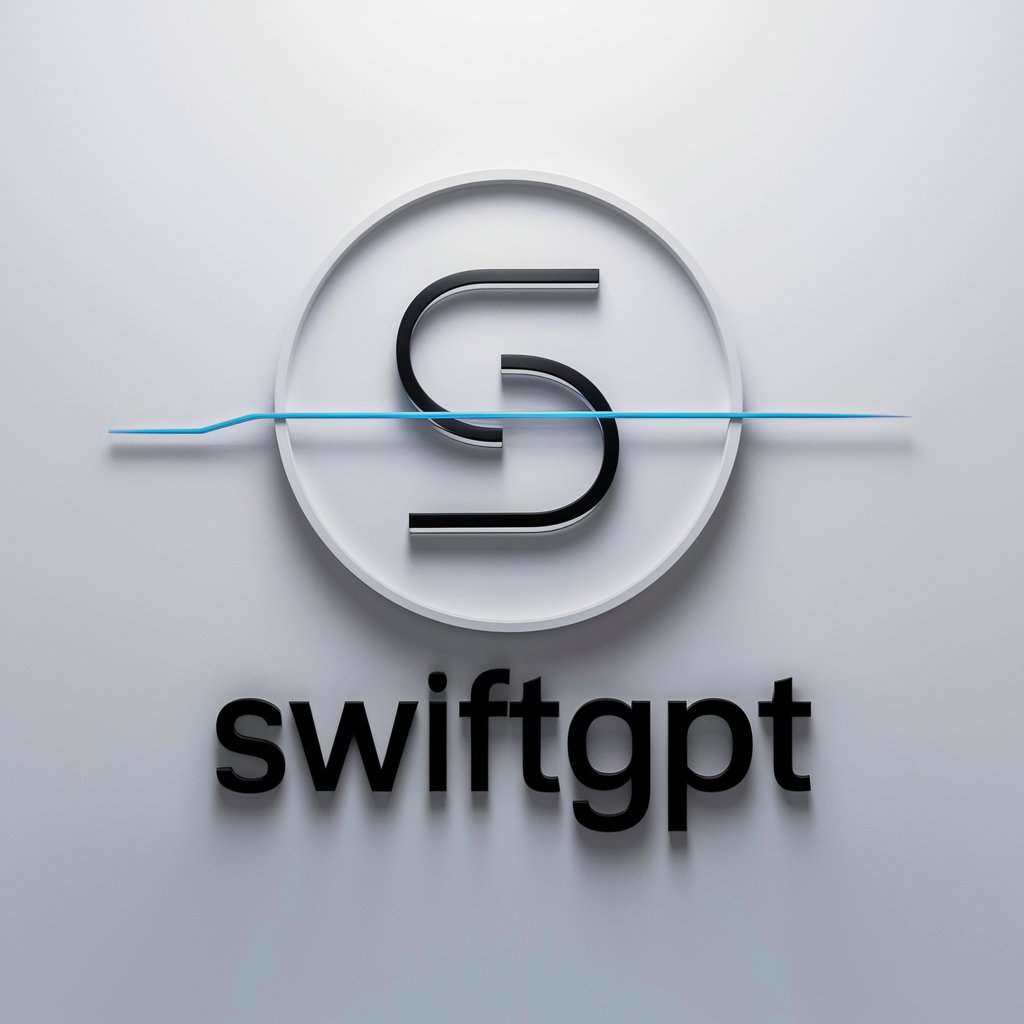
QuantGPT
Empowering Data Decisions with AI

📲 💻UI Designer
Empowering Design with AI
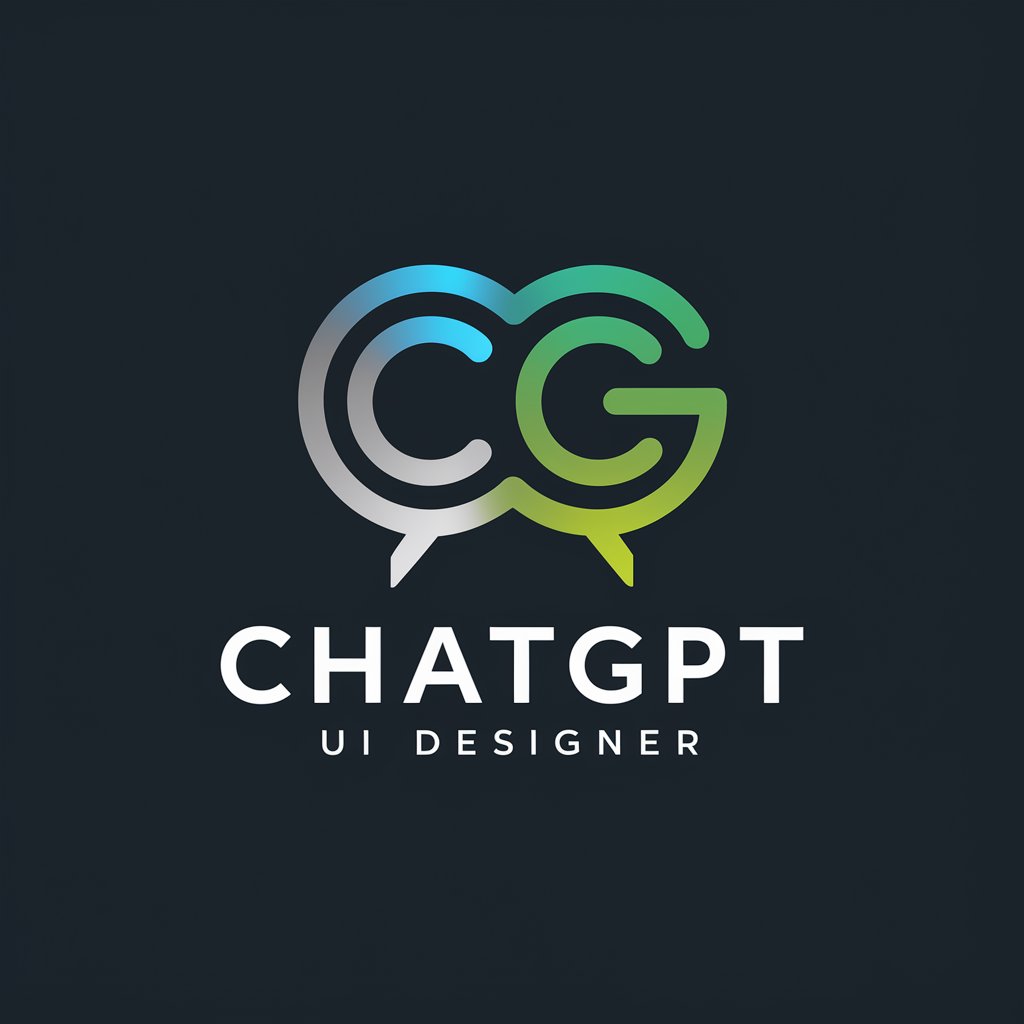
Influenciador Digital🤳🏿
Empowering Influencers with AI Insights
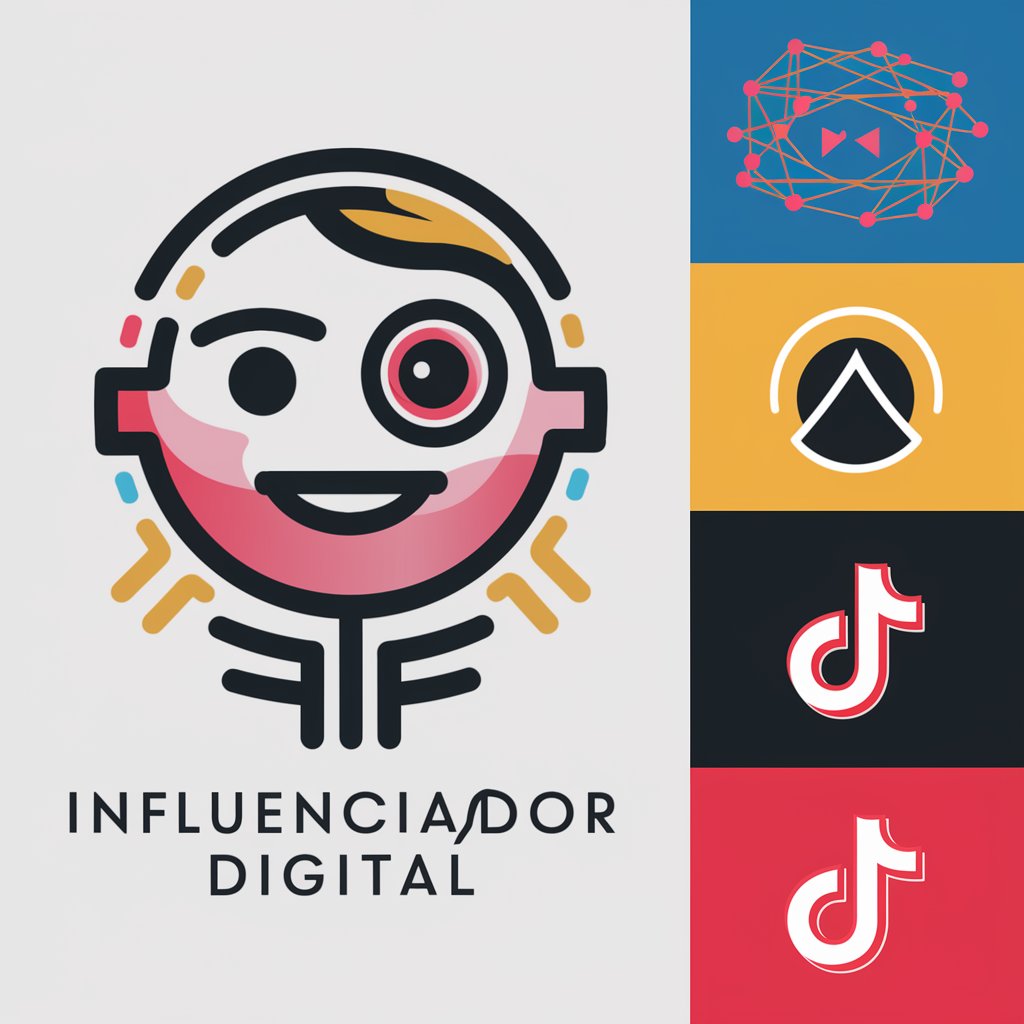
Frequently Asked Questions about Driter
What is Driter designed for?
Driter is crafted to provide in-depth, evidence-based analysis and editorials for scientific research articles, making complex information accessible to a broad audience.
Can Driter help with non-scientific content?
While Driter specializes in scientific articles, its analytical capabilities can be applied to a range of topics requiring detailed, evidence-based discussion.
How does Driter ensure content quality?
Driter emphasizes unbiased analysis, using references from published journal articles and adhering to scholarly standards to ensure high-quality, responsible content.
Is Driter suitable for academic professionals?
Yes, academic professionals can leverage Driter for drafting or refining research article editorials, making their work more accessible to a wider audience.
How can users optimize their experience with Driter?
Users can optimize their Driter experience by providing clear, detailed instructions and by utilizing the tool's revision capabilities to refine the output.
